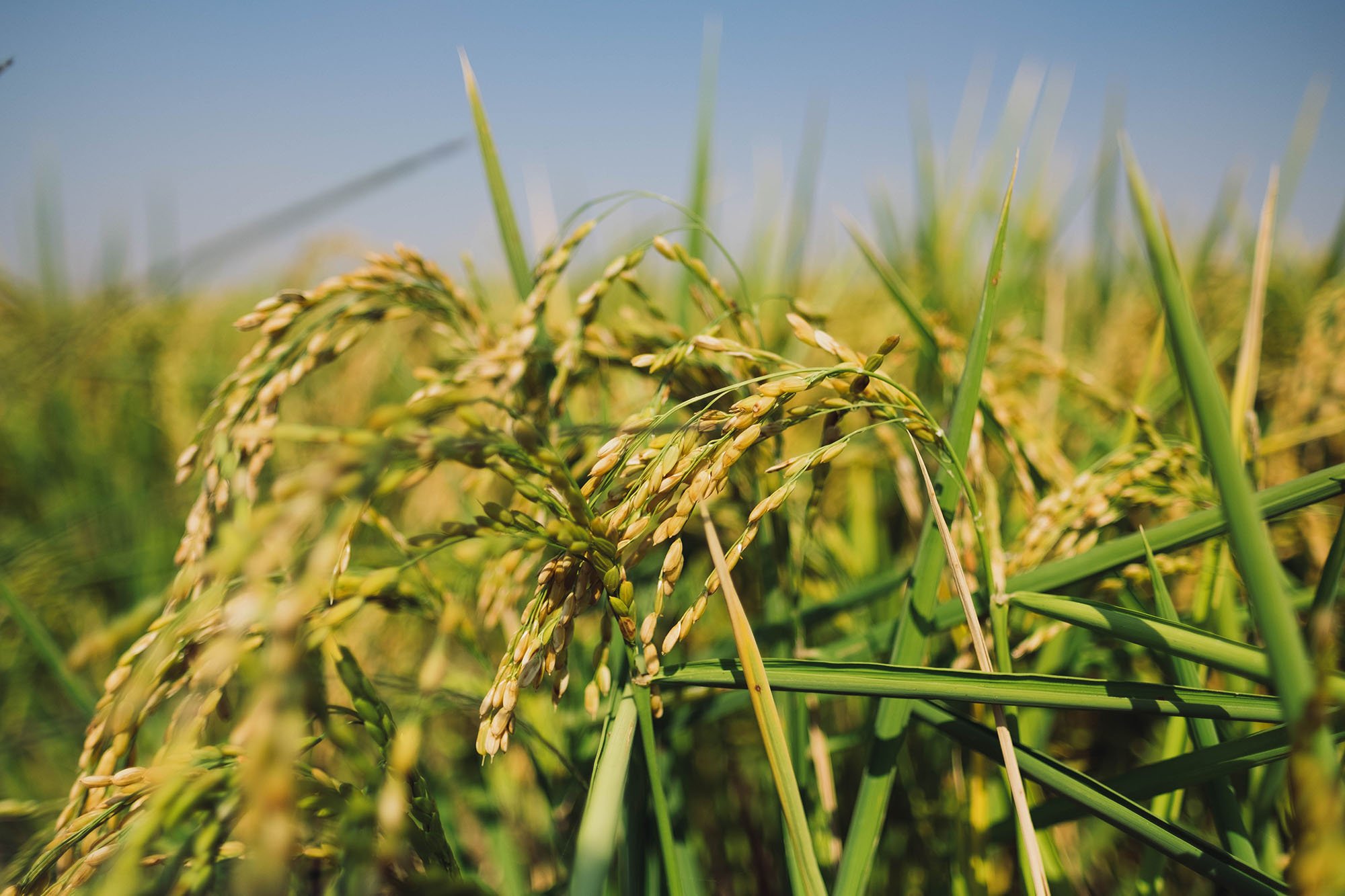
Sustainability
We bring high-quality rice to the markets of the world while simultaneously developing practices that create sustainable solutions essential to an environmentally-conscious business model. This model acknowledges the critical importance of adopting eco-friendly practices that do not undermine the natural system’s stability, and are advantageous to our continuous improvement and market development.
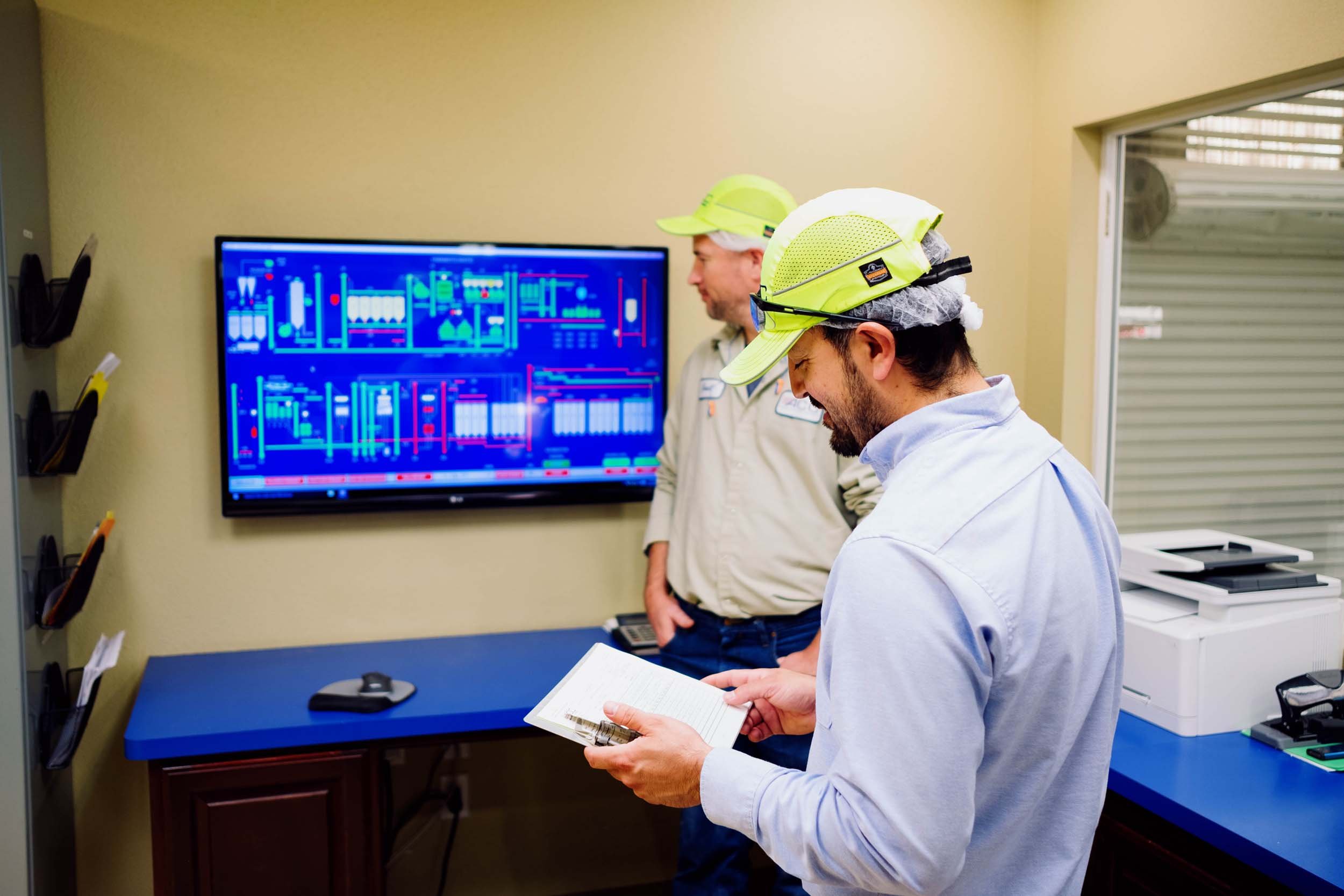
What We Are Doing at American Commodity Company
As a vertically integrated operation with a significant percentage of our rice receipts coming from our ownership group and growers with a multi-year marketing history with ACC, we can proactively undertake a comprehensive and coordinated “field to the table” sustainability program.
Montna Farms, owned and operated by a member of our ownership group, also has installed solar power at its short grain drying and storage facility. This solar-powered facility, which is used for handling short and medium-grain rice grown under contract to ACC, is electrical energy neutral.
In addition to its cutting-edge energy production program, Montna Farms has been the beta model for many, if not all, the production, straw incorporation, and biodiversity programs developed in the CA rice industry in support of overall sustainability. Today, Montna Farms continues to lead the way in all aspects of the major sustainability effort underway in CA rice production.
The land comprising Montna Farms’ Dingville, CA operation is in the longer-term Greater Sacramento suburban development path. Rather than lose this land vital to rice production and habitat preservation, the family has enrolled the land in a conservation program that restricts its current and future use to agricultural production with biodiversity and wetland habitat benefits.
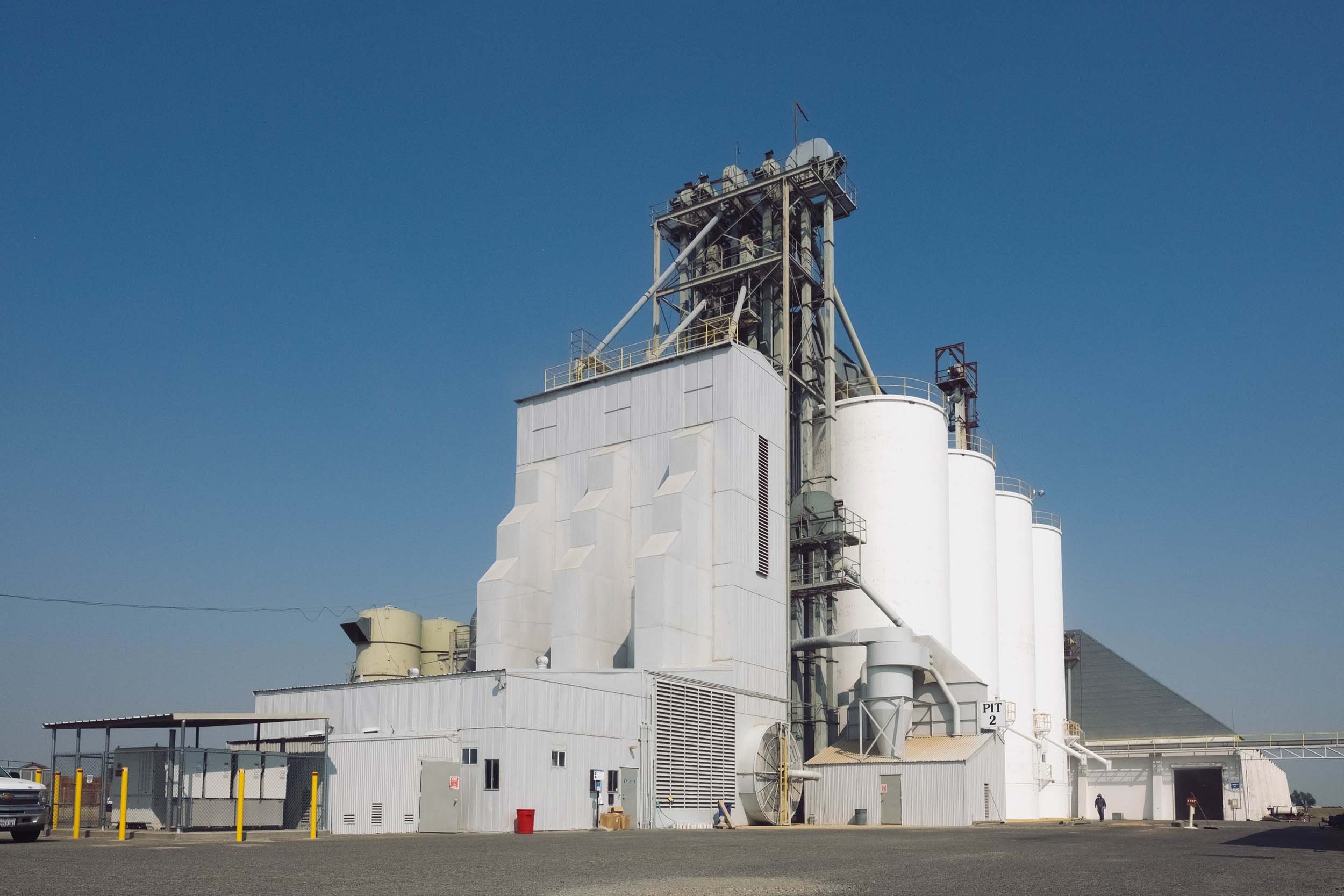
In 2019, ACC began construction on one of the most ambitious sustainability efforts in the rice industry in the United States and in July 2022 we began commercial operation at ACC Renewable’s Biomass Power Production Facility.
This groundbreaking and innovative process uses the latest ORC (Organic Rankin Cycle) Technology. The ORC process is driven towards sustainability and reduction of CO2 emissions. This process is considered state-of-the-art worldwide, and we are proud to have the first of its kind in the California Rice Industry.
ACC is driven to reduce our carbon footprint and responsibly provide energy to the local grid that supplies our surrounding communities. Our goal is to re-capture and convert naturally occurring energy from a food process Bi-Product (rice hulls) and distribute that energy to the California Utility Grid. Additionally, because this facility is on-site, we are eliminating the need to truck tens of thousands of tons of rice hulls every year miles away to be disposed of.
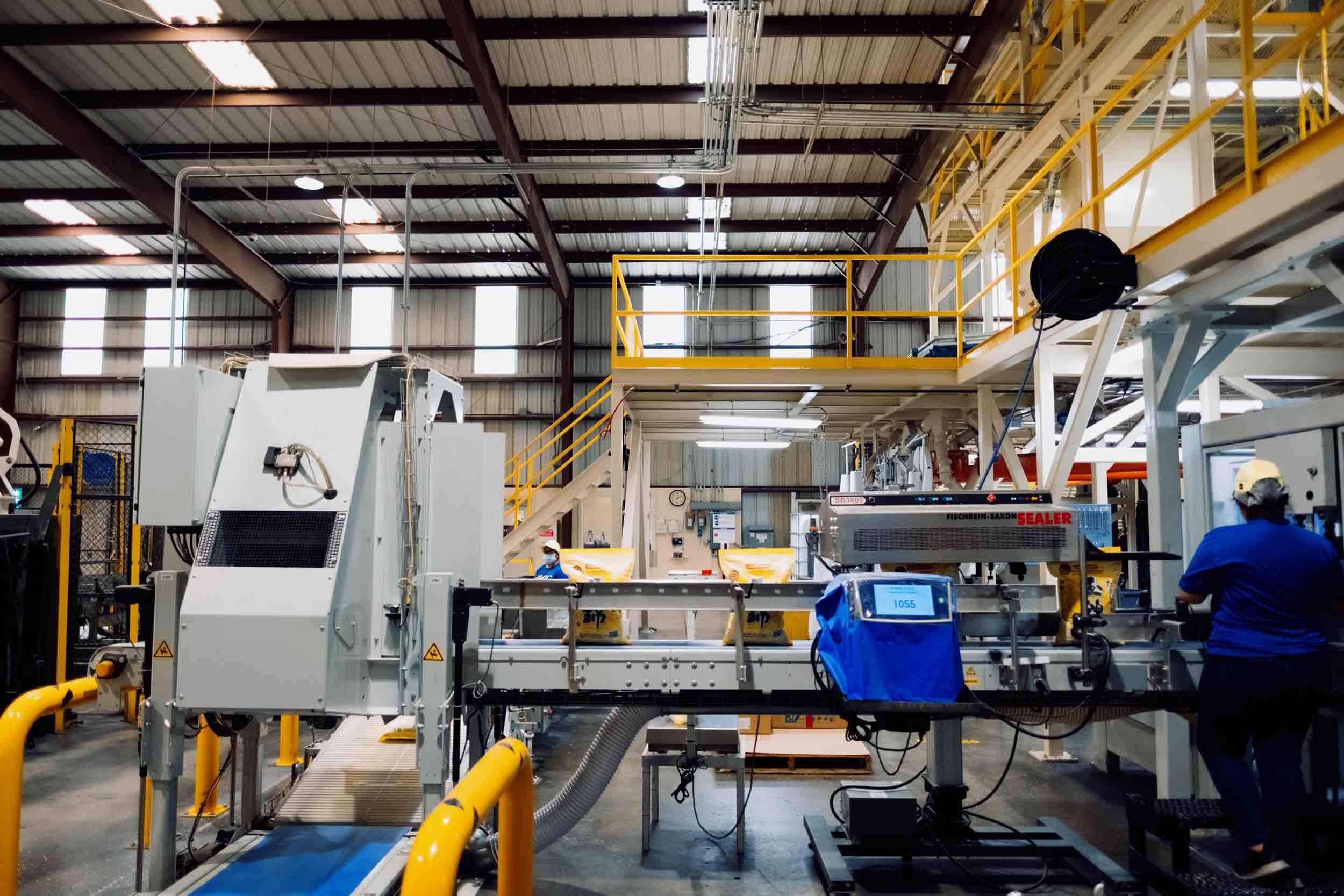
ACC has committed to being part of a landfill solution by diverting recyclables from our solid waste stream. We have reduced our operations waste stream by 70-80% by removing recyclable plastic and paper.
Additionally, our remaining waste is shipped to a commingled recycling plant for segregating recyclable commodities before going to a landfill. As a result, ACC reduced its impact to landfills by 90%.
We have upgraded the major wastewater system in our Williams plant to provide the most technologically advanced method of effluent disposal available to a rural enterprise.
We are replacing lighting in each of our facilities with light-emitting diode (LED) or compact fluorescent light (CFL) bulbs.
We are converting many of our branded product containers from polypropylene to recyclable paper bags. In most cases, these paper bags are being produced from post-consumable goods. Where practical, we are working with our worldwide customers to encourage them to follow our lead in this conversion to renewable resource utilization in their packages.

In 2022 we will begin phasing out our internal combustion lift truck fleet with Li-ion battery-powered lift trucks. These trucks produce zero emissions during operation, generating approximately 5.4 metric tons less carbon per year than an internal combustion lift truck.
The new trucks incorporate the latest Li-on battery technology. This technology is much more efficient than the older lead-acid technology, converting 95% of its stored energy into useful work. Additionally, the Li-ion batteries have a service life up to three times as long as lead-acid batteries, and are 98% recyclable. This fleet conversion supports our mission to incorporate sustainable solutions at every level within our business.
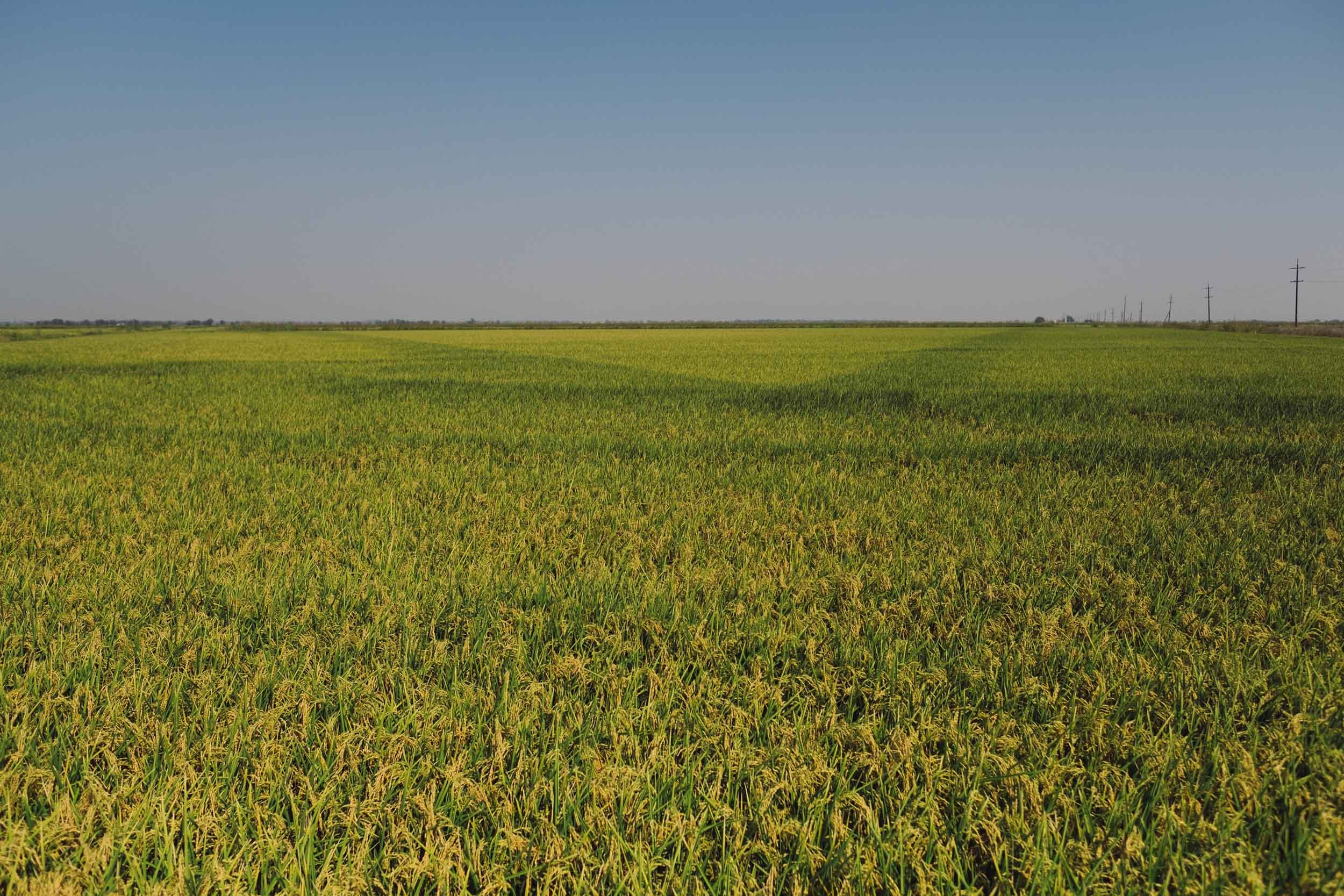
We hold regular meetings and communicate in other ways with our employees to encourage them to understand and contribute to our sustainability efforts.
We constantly search for practical ways to not only reduce our company’s overall impact on the environment but also to offer good stewardship practices to our employees, our growers, our suppliers, and our customers worldwide.
At ACC we have come to understand how sustainability prevents not only weakening the integrity and stability of the natural systems, but also its advantages for our continuous improvement and market development.
Therefore, sustainability is, and will continue to be, a fundamental principle in obtaining the goals we strive for in our organization. We encourage you to become a part of this important and ongoing effort.
